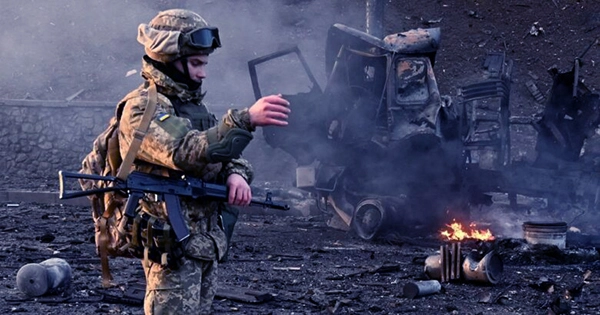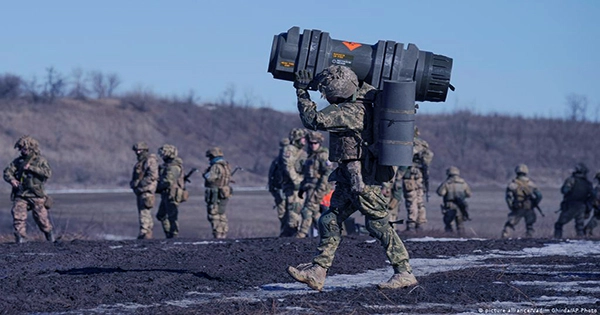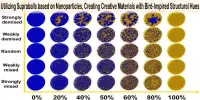Russia’s invasion of Ukraine has quickly evolved into one of Europe’s most serious military engagements since World War II. The fog of battle may make it difficult to see who is winning, who is losing, and how long it will all endure. While no one can provide us precise answers, scholarly studies on war might help us understand how the crisis in Ukraine might play out.
According to research, the road to conflict resembles a bargaining game in which countries fight for topics ranging from territory and resources to patriotism and government style. Rather than risking a costly conflict, competing governments prefer to settle their differences amicably.
The two sides should ideally do this based on their relative chances of winning a hypothetical conflict. When this isn’t feasible, war breaks out. Typically, one of three problems leads to war. For starters, states may lack sufficient data to determine their respective chances of success. Second, the two parties may not believe that a deal reached today will be honored tomorrow. Finally, governments may be unable to resolve the thorny problem, particularly when ethnic, religious, or ideological difficulties are present.

According to this viewpoint, conflicts will come to an end when the problem that sparked the conflict is handled via combat on the battlefield. The length and nature of the conflict will be determined by the scope and nature of the problem. In the case of Ukraine, it appears that the two parties lacked proper knowledge of their relative chances of victory. In combat, two crucial variables determine victory: the capacity to fight and the willingness to pay the price.
In terms of weapon stockpiles and manpower, it was clear that Russia’s army was and continues to be significantly superior to Ukraine’s. However, Russia did not realize until the combat started that the Ukrainian people are significantly more eager to fight than they expected. Russia clearly recognizes that they underestimated the desire of the Ukrainian people, but the magnitude of their error remains unknown. The issue is that Ukraine finds it difficult to demonstrate its readiness to suffer costs, and Russia is likely to mistrust any attempts to do so, expecting Ukraine to exaggerate in order to secure a more favorable accord.
So each tree crotch – a point where one branch (or trunk) splits into two – is connected to three branches of varying diameters, the thickest at the bottom and the lesser two at the top. It was just a matter of 3D printing the proper quantity and size of crotches for Toon’s tree, which was created out of standard size aluminum and PVC pipes rather than natural materials.
This indicates that the two parties will have a hard time ever settling the information issue. When this happens, countries frequently find themselves in attrition battles that persist until one side surrenders. Armed conflicts need the unspoken acceptance and support of people on the home front. Regardless of a country’s government style, a leader’s ability to continue in power is contingent on the backing of a group of people, known as a coalition. Vladimir Putin’s existence is dependent on oligarchs, the Russian mafia, and the military. Although Putin endeavored to establish a financial bulwark to defend the interests of the oligarchs, most of his initiatives have been thwarted by western sanctions.
The oligarchs have already paid a high price for the conflict, and the price will only rise with time. When a significant portion of Putin’s coalition publicly opposes the war, he will be pressured to abandon it or risk losing his position of power. However, it is debatable where this line should be drawn and whether there are any feasible alternatives that would better suit the coalition’s interests. Putin is reliant on the support of the broader public to a lesser extent. Inflation, economic deterioration, and combat casualties are all expenses of war that the whole population must face.
Putin has shielded himself from these expenses in three ways thus far: To begin, he utilizes a selective conscription system that protects him from the entire cost of war casualties. Second, he has complete control over the official media infrastructure and has restricted other media outlets, limiting public access to information. Third, because there are no free and fair elections in Russia, the only option for the Russian people to defeat Putin is through mass mobilization and revolution.
















